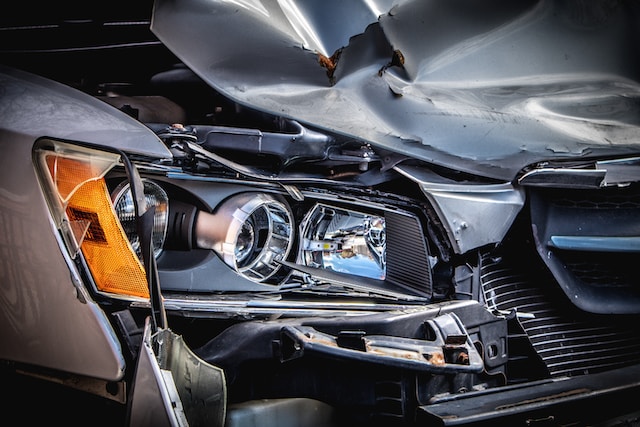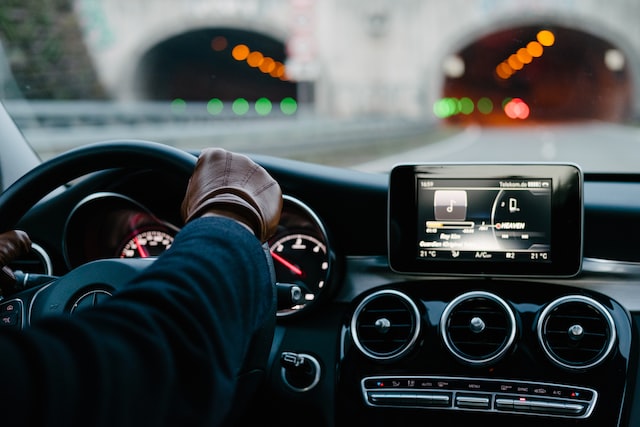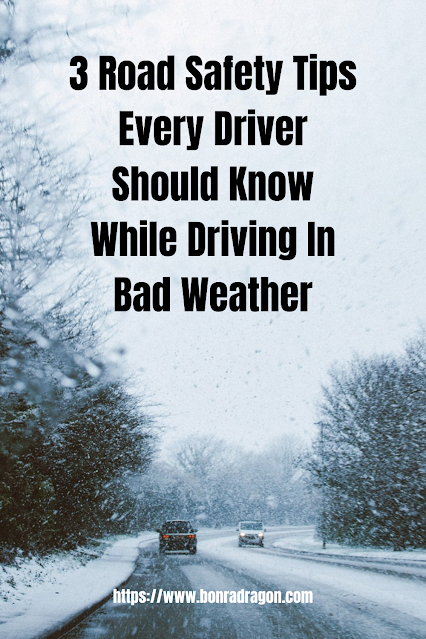Off-roading is about as much as you can have in a vehicle. There’s much to love about exploring terrain that vehicles cannot normally visit, especially on a beautiful blue-sky day. If you’ve been off-roading as an organized tour, then you’ll know exactly what we’re talking about. It’s one of those things that, once you’ve done it once, you want to do it again and again.
If you’ve invested in an off-road vehicle, then you’ll be on your way to having an awesome time. However, there are a few things you’ll need to know before you go off on your adventure. In this post, we’ll run through some beginner off-roading tips that’ll set you up for success.
Grab a Buddy
You’ll be eager to get out into the great outdoors and begin exploring, but keep in mind that you should never, ever go by yourself. Part of the fun of off-roading is that you get to explore parts of the country that are far from civilization. But that’s also one of the dangers of the activity. It’s not uncommon to get stuck in mud when you’re off-roading. That’s easy enough to handle when there are two or more of you, but outright dangerous when you’re by yourself. Always go with a buddy!
Make Sure the Vehicle is Right
You’ll need a vehicle that’s made for off-roading, such as the Mahindra Roxor or a Jeep. The everyday vehicle you use to visit the supermarket isn’t going to be suitable! But we’ll assume you know that. Even if you have the right kind of vehicle, you’ll still need to check that it’s in good enough condition to handle the excursion you’re about to go on. It’s much easier to fix any small issues when you’re still at home, as opposed to when you’re out in the great outdoors. You may also consider investing in some Jeep or Mahindra Roxor accessories to make your outing extra comfortable and enjoyable. And of course, make sure you have plenty of gas — and some to spare in the trunk, too.
Take an Easy Route
The sky’s the limit when it comes to off-roading. There are some really awesome routes in the United States that provide a nice blend of challenging and fun. However, those routes shouldn’t be on your agenda yet. In the early days of your off-roading career, it’s best to stick to the easiest routes and then slowly build yourself up. You might want to test yourself, but remember that you can quickly find yourself in a survival situation when you’re so deep into the great outdoors.
Be Respectful
Finally, remember to be respectful of the land. It can feel like you’re at a playground, but you’re not — this is the great outdoors, and it’s up to all of us to preserve it. The approach should always be to tread lightly and to stick to established routes, rather than trying to carve out your own. This way, you can ensure you have fun and prevent off-roading from being banned.





.png)


































